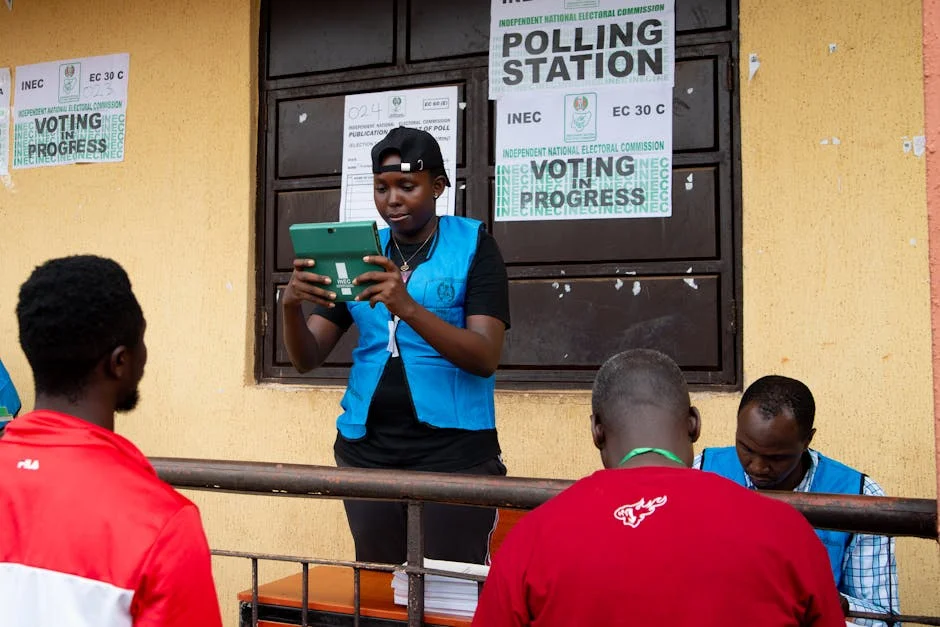Sokoto State Government has commenced the distribution of farming inputs, machinery, livestock, poultry business equipment and others to 1,180 farmers under the NG-CARES scheme in the state.
The News Agency of Nigeria (NAN) reports that Emir of Argungu, Alhaji Sama’ila Mera, inaugurated the distribution on Saturday as part of Gov. Ahmad Aliyu’s 100 days in office celebration.
Mera commended the state government’s commitment and urged the beneficiaries to utilize the items on increased investments toward improving their well-being.
In his address, Aliyu said the state government had paid N2.4 billion counterpart on the programme and commended the World Bank as well as the Federal Government on the initiative that would surely enhance people’s lives.
He said the beneficiaries comprised all categories of farmers from the 23 local government areas of the state, including youths and women groups.
Aliyu said that the items included milling and grinding machines, fertilizer, improved seeds, pesticides, goats, sheep, chicks and others.
He said that the scheme was in line with his administration 9-point agenda and encouraged small-scale traders in the state to do their businesses in a manner that would be productive.
Earlier, the State Commissioner for Agriculture, Alhaji Muhammad Wamakko, said that the farmers were trained to equip the them with the requisite knowledge of financial literacy, saving techniques and cooperatives.
”The training is also about skills acquisition, entrepreneurship development, micro enterprise and management,” he said.
NAN reports that NG-CARES programme is a $750-million state-driven initiative supported by the World Bank.
The programme that is under the Nigeria COVID-19 Action Recovery and Economic Stimulus (NG-CARES) seeks to elevate businesses affected by the COVID-19 pandemic and expand access to livelihood support.
It further seeks to provide improved access to food security services and financial grants to poor and vulnerable households.(NAN)



